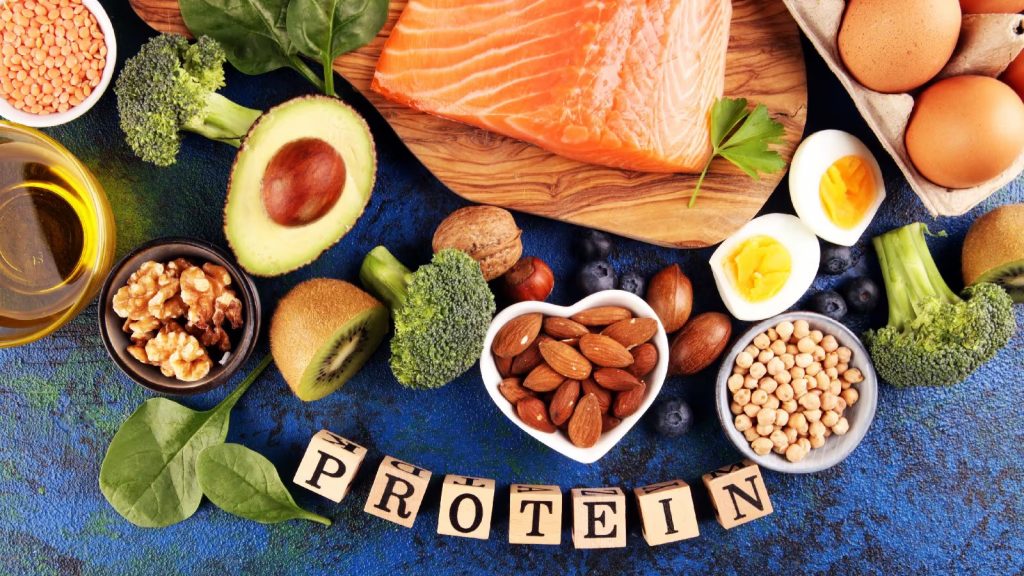Exploring Nature’s Bounty: Unveiling the Natural Sources of Proteins
Proteins are essential macronutrients that play a crucial role in the growth, repair, and maintenance of our bodies. They are made up of amino acids, which are the building blocks of life. While many people associate proteins primarily with animal-based foods, nature offers an abundance of plant-based sources that are rich in protein content. In this article, we will delve into the diverse world of natural protein sources, providing you with a comprehensive understanding of the plant-based options available for meeting your protein requirements.
1. Legumes and Pulses:
Legumes and pulses are nutritional powerhouses when it comes to plant-based proteins. They include beans, lentils, chickpeas, and peas. These sources are not only high in protein but also packed with dietary fiber, vitamins, and minerals. For example, one cup of cooked lentils contains approximately 18 grams of protein. Incorporating legumes and pulses into your diet can provide you with a wide range of protein options to support a healthy and balanced lifestyle.
2. Nuts and Seeds:
Nuts and seeds are not only delicious but also offer a substantial amount of protein. Almonds, cashews, peanuts, chia seeds, flaxseeds, and hemp seeds are just a few examples of these nutritious powerhouses. These natural snacks provide not only protein but also healthy fats, fiber, and a variety of essential nutrients. They can be enjoyed on their own, added to smoothies, or used as toppings for salads and other dishes.
3. Whole Grains:
Whole grains such as quinoa, brown rice, oats, and amaranth are not only excellent sources of complex carbohydrates but also contain a notable amount of protein. They can be a versatile addition to any meal and offer a well-rounded nutritional profile. For instance, quinoa, often referred to as a complete protein, contains all nine essential amino acids required by the body. By incorporating these whole grains into your diet, you can boost your protein intake while enjoying a range of flavors and textures.
4. Vegetables:
While vegetables may not be as renowned for their protein content, some varieties do contain a surprising amount. Examples include spinach, broccoli, Brussels sprouts, asparagus, and peas. Though the protein content may not be as high as that found in legumes or nuts, incorporating a variety of vegetables into your meals ensures a well-rounded diet. Additionally, vegetables provide an array of vitamins, minerals, and antioxidants that are vital for overall health.
5. Spirulina and Chlorella:
Spirulina and chlorella are two blue-green algae that have gained popularity as natural protein sources. They are considered complete proteins, as they contain all essential amino acids. These nutrient-dense superfoods also provide other essential nutrients like vitamins, minerals, and antioxidants. Spirulina and chlorella can be consumed as supplements or added to smoothies, juices, or energy bars to increase your protein intake.
Conclusion:
The misconception that protein can only be derived from animal-based sources is quickly fading away as people embrace the wealth of natural, plant-based protein sources available. By incorporating legumes, pulses, nuts, seeds, whole grains, vegetables, and even algae into your diet, you can meet your protein needs while enjoying a diverse and delicious range of food options. Embrace the bounty that nature has to offer and embark on a journey to nourish your body with these wholesome sources of protein.
